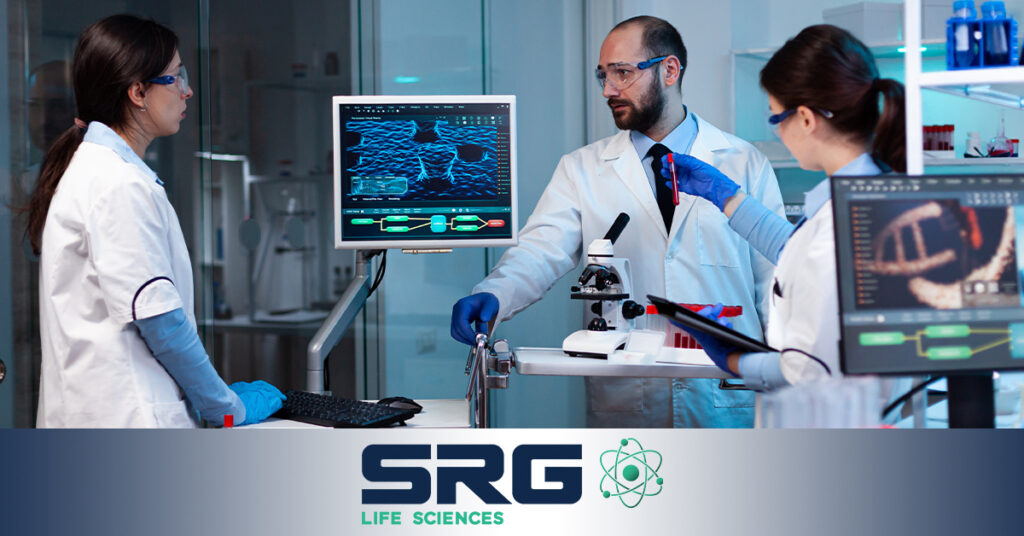The landscape of cancer therapy is witnessing a transformative era with the advent of antibody-drug conjugates (ADCs), a class of therapeutics that ingeniously combines the specificity of antibodies with the potency of chemotherapy drugs. This groundbreaking science heralds a new dawn in oncology, promising to refine cancer treatment by offering more targeted, efficient, and less toxic therapeutic options. Here’s an overview of the mechanism of ADCs, their advantages over traditional chemotherapy, their pivotal role in treating solid tumors, and their contribution to the ongoing progress in oncology.
Understanding the Mechanism
Antibody-drug conjugates are complex molecules composed of an antibody linked to a biologically active cytotoxic (cell-killing) drug by a chemical linker. The antibody is engineered to target a specific antigen, typically one that is overexpressed on the surface of cancer cells.
Upon administration, the ADC circulates in the bloodstream until it binds to its target antigen on the cancer cell surface. Following binding, the ADC-cancer cell complex is internalized, and the cytotoxic drug is released within the cell, inducing cell death while sparing most normal, healthy cells. This targeted approach allows for the delivery of potent anti-cancer drugs directly to the tumor site, minimizing systemic exposure and reducing side effects.
Advantages Over Traditional Chemotherapy
The precision of ADCs offers significant advantages over conventional chemotherapy, which is often likened to a ‘blunt instrument’ due to its non-selective nature. Traditional chemotherapy does not distinguish between cancerous and healthy cells, leading to widespread toxicity and severe side effects such as hair loss, nausea, and compromised immune function.
In contrast, ADCs provide targeted delivery of cytotoxic agents to cancer cells, substantially reducing collateral damage to healthy tissues. This targeted approach not only enhances the therapeutic efficacy but also improves the quality of life for patients by mitigating the adverse effects typically associated with chemotherapy.
Key Role in Solid Tumor Treatment
Solid tumors, which form masses in organs or tissues, present unique challenges in treatment, including drug delivery and penetration issues. ADCs are emerging as a promising strategy in the treatment of solid tumors due to their ability to specifically target and deliver cytotoxic agents to the tumor site.
The precision of ADCs is particularly advantageous in solid tumor settings, where the heterogeneity and complexity of the tumor microenvironment can impede the efficacy of conventional treatments. By harnessing the targeting capability of antibodies, ADCs can effectively navigate the tumor microenvironment and deliver their cytotoxic payload directly to cancer cells, enhancing the potential for tumor regression and improving patient outcomes.
Driving Progress in Oncology
The development and clinical implementation of ADCs are driving significant progress in the field of oncology. With their innovative mechanism of action, ADCs are expanding the therapeutic landscape, offering new hope to patients with hard-to-treat cancers or those who have exhausted other treatment options. The ongoing research and development in this area are not only yielding more sophisticated and effective ADCs but also expanding the range of targetable antigens and cancer types. As our understanding of tumor biology and the tumor microenvironment deepens, the potential for ADCs in cancer treatment continues to grow, paving the way for more personalized and effective cancer therapies.
Ultimately, antibody-drug conjugates represent a paradigm shift in cancer treatment, merging the specificity of targeted therapy with the potency of chemotherapy. Through their targeted mechanism, ADCs offer a more refined approach to cancer treatment, minimizing side effects and improving patient outcomes.
If you’re ready to find a new life sciences job that lets you work at the cutting edge, the Staffing Resource Group wants to hear from you. Apply Today and SuRGe your career forward.



